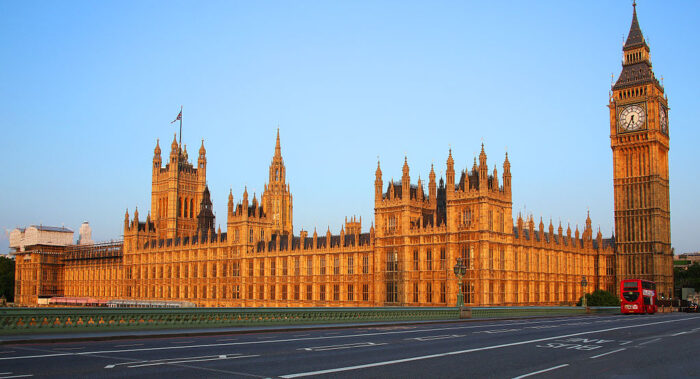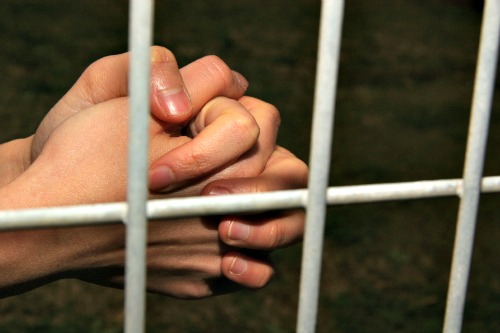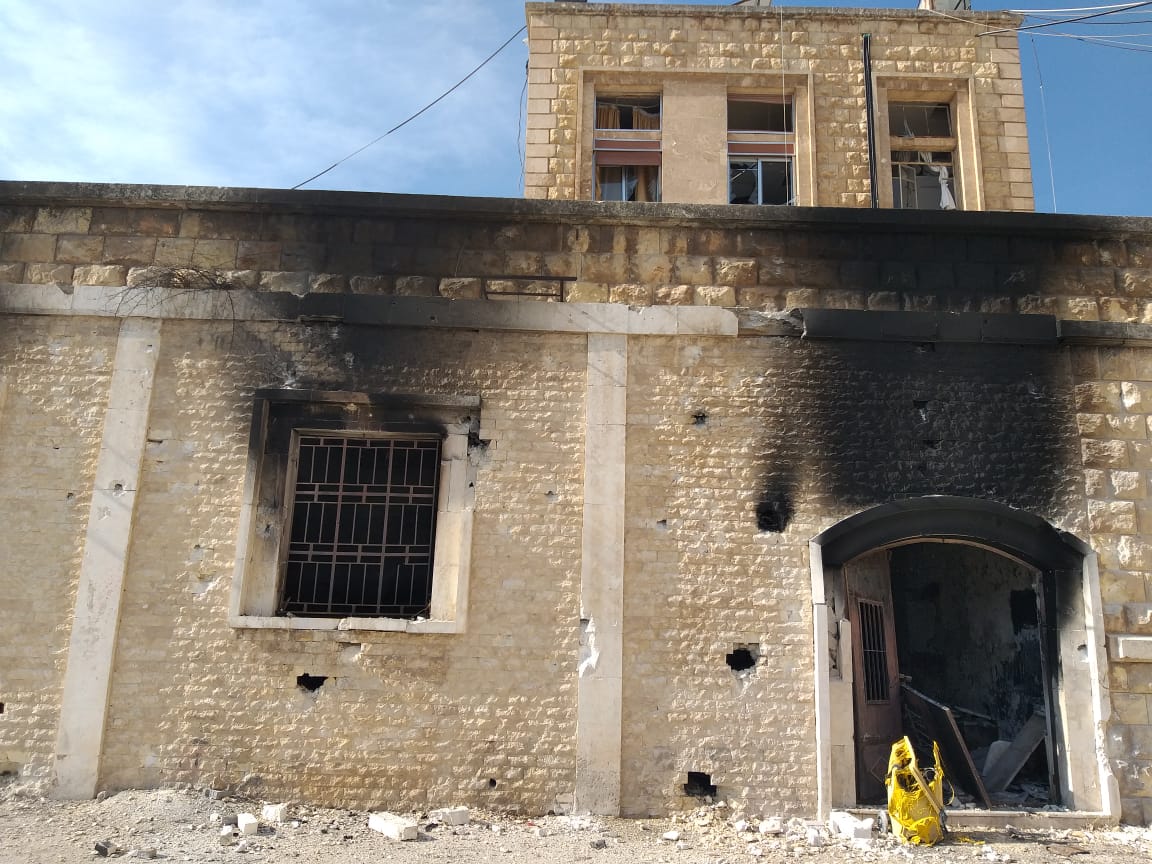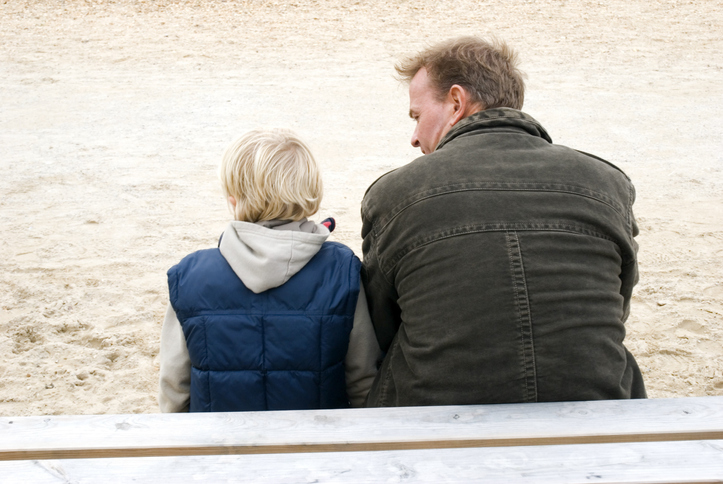
An Irish commentator who voted for same-sex marriage and to repeal the 8th Amendment, but is also a Mass-goer, has highlighted the amount of on-line abuse she receives because of her Mass-going.
Writing in The Irish Independent today, Ellen Coyne says: “Some of the nastiest abuse I’ve ever gotten online was from people on the left who were mocking my faith. In a truly secular society that has thankfully moved on from our traumatising past, I don’t understand how a person’s religion is fair game for derision”.
She also says that politicians should not be forced to disregard their faith when forming views on matters of conscience.
She says that too many people only see religion as “a corrupting influence on Irish politicians”.
Ms Coyne notes that it would be “egregiously cruel” for any TD to feel “under pressure to lie about the influence that religion can have on their personal principles”.
“But on an issue as profound as assisted dying, it’s right and proper for a politician to consult their conscience and consider the influence that their religion may have on that”.
Coyne is the author of ‘Are You There, God? It’s Me, Ellen’.

MPs opposing an ‘assisted dying’ bill have launched a rearguard action to toughen up safeguarding measures in the draft legislation and avoid a “stitch-up”. The aim of the bill is to allow those within six months of death to kill themselves with a lethal drug given to them by a doctor.
Senior Labour, Conservative and Liberal Democrat figures who voted against the landmark bill last Friday are demanding to be included in the group of MPs responsible for considering potential amendments.
They have written to Kim Leadbeater, the Labour backbencher whose bill passed its first parliamentary hurdle with a majority of 55 at the second reading stage.
In a bid to keep up pressure on the issue, opponents of the bill have urged Leadbeater to appoint eight leading critics to the committee that will scrutinise the bill over the coming five months. Among those who want to be included are Rachael Maskell, a former Labour shadow minister, and Tory MP, Danny Kruger, who was the first to speak against Leadbeater’s bill in last Friday’s debate.
The public bill committee will call witnesses, ask for written evidence and go through the bill line by line, making space on it hotly contested by those seeking to toughen up the legislation.

The Chilean Senate has banned public funding of surgical or hormonal interventions to ‘transition ‘ under 18s.
The vote took place following a report that strongly recommended the immediate suspension of all programs related to “sex reassignment” of children.
The report investigated the PAIG program, a government policy aimed at Chileans suffering with gender dysphoria.
From the report: “The PAIG is implemented in 37 hospitals in the country and the psychosocial pairs have the power to carry out family interventions, within educational spaces, referral to hormone therapies, as well as the power to take legal action against ‘resistant parents’ who oppose the gender transition of their children or seek greater prudence when advancing in the different stages of it.”
Tomás Henríquez, of ADF International welcomed the move saying it “sets a major precedent for the protection of children not just in Chile, but also in all Latin American countries”.
“Now, other countries must do the same. Every child is precious just as they are and has the absolute right to be safeguarded from a radical ideology that promotes dangerous drugs and surgeries with devastating consequences.”

A bishop has expressed alarm that the chapel in Mountjoy prison in Dublin is to be repurposed, rendering it out-of-action for 8 weeks.
The chapel will be closed for remodelling to create space for “video link capacity”.
Bishop Martin Hayes released a strong statement condemning the lack of consultation and timing of the move.
He said there has not been appropriate consultation with prisoners or with prison chaplains regarding the project and the unilateral approach “runs counter to maintaining harmonious and respectful relations in our prison community”.
“I can only conclude that, arising from the approach taken and speed of action, that prisoners’ rights in Mountjoy – in terms of their freedom of religious expression – have been suppressed by authorities. As the holy season of Advent leading up to Christmas begins this Sunday, the timing of this decision is particularly poignant”.

A Franciscan College in Aleppo, Syria, was heavily damaged by a Russian attack on Sunday.
Russia supports Syrian Leader Bashar al Assad and the bombings were in response to Jihadist rebels overrunning the city.
The college is located in an inner section of a Franciscan monastery near the church where Mass was scheduled to be celebrated later that evening.
Italian Foreign Minister Antonio Tajani instructed Italy’s Ambassador to Moscow, Cecilia Piccioni, to meet with Russian officials to request a stop to new military strikes on religious institutions or civilian structures.
On Monday, Bishop Hanna Jallouf, OFM, apostolic vicar of Aleppo since July 2023, said that the situation is now “a little calmer”.
“Yesterday, they bombed Terra Santa College, inflicting serious material damage but without casualties. Now the picture is quieter, even if people continue to be afraid of Russian missiles falling on our heads,” said Bishop Jallouf.
To some extent, the bishop knows the rebel groups who have seized the city since he spent years in Idlib. “They treated us with respect and so far they have not harmed any Christian. On the contrary, the order is to respect our rites, our churches, even our clothes,” he said.

There’s been a call for the new European Commission to work collaboratively to alleviate the continent’s demographic crisis with fertility rates across Europe far below replacement level.
Speaking on the challenges ahead, President Ursula von der Leyen highlighted the urgent need for solutions to demographic shifts, stating: “We must work to tackle the issues facing our regions, from demographic changes to climate change to the need for modern infrastructure. This is the essence of the freedom I speak about today.”
In response, the Federation of Catholic Family Associations in Europe (FAFCE) commended this focus and called on the European Commission “to adopt policies that place families at the centre of social cohesion and sustainable development”.
“As Europe continues to face the realities of a demographic winter, FAFCE urges the Commission to prioritise intergenerational solidarity, family-friendly workplaces, and support for parents and caregivers”, they added.

The UK’s Catholic bishops expressed dismay after the British parliament gave preliminary approval of a Bill to legalise assisted suicide, while those opposing the measure promised to redouble their efforts to stop it from becoming law.
On Friday, Labour MP Kim Leadbeater’s Terminally Ill Adults (End of Life) Bill was approved by Parliament by a vote of 330 in favour to 275 against at the second stage of the Bill with members of all the major parties split on the issue.
Bishop Patrick McKinney of Nottingham said it would be a “devastating law” and added: “This marks a very bleak day in our country’s history”.
Meanwhile, Spokesperson for Right To Life UK, Catherine Robinson, said “This is just the first stage of a long journey through the Commons and then the Lords for this dangerous assisted suicide Bill. We are now going to redouble our efforts to ensure we fight this Bill at every stage and ensure that it is defeated to protect the most vulnerable”.

The number of teenage girls having babies has dropped sharply from 3,135 in 1999 to 705 last year, but the complex social issues they face have increased, it has emerged.
National manager of the Teen Parents Support Programme (TPSP), Samantha Dunne said more young parents today have a social care background, increased mental health issues, exposure to domestic abuses, high incidences of homelessness and substance misuse problems.
“So although births to young parents have decreased, challenges, adversity and many other systemic issues can impact young parents significantly,” she said. “This has led to the need to expand the age-range criteria, and support parents for a longer period of time,” she said.

Data published on Tuesday by the UK’s fertility regulator revealed that the number of single women undergoing IVF or artificial insemination has tripled over the past decade, from 1,400 in 2012 to 4,800 in 2022.
Experts said this reflected improved NHS access to fertility treatment for single women, as well as changing social norms, and difficulties finding a partner during the Covid pandemic.
The report by the Human Fertilisation and Embryology Authority (HFEA) found that 6 per cent of all IVF cycles are now in women without a partner, who use a sperm donor instead.
On average, single women are 36 when undergoing IVF, which is slightly older than the average age of 35 for couples undergoing fertility treatment. However, the HFEA said single women were increasingly opting to have treatment at a younger age, down from an average of 38 in 2008, which reflects “a reduction in social stigma” around having babies alone.

The inventor of the ‘Sarco’ gas-chamber, assisted-suicide pod, Dr Philip Nitschke has announced he will make the pods available for use in the UK if an ‘assisted dying’ Bill becomes law.
With Kim Leadbeater’s Terminally Ill Adults (End of Life) Bill being voted on on Friday, The Telegraph reports that Nitschke is “absolutely” keen on bringing his machine to the UK.
Professor of law and constitutional government at St John’s College, Oxford, Richard Ekins KC said, “If Kim Leadbeater’s Bill passes, and if the Secretary of State approves liquid nitrogen as an approved substance, then the Sarco death pod would be a lawful means to assist suicide in Britain”.
A person ends their own life inside the 3D-printed Sarco pod by pushing a button which injects nitrogen gas into the sealed gas chamber. The nitrogen causes them to suffocate to death.